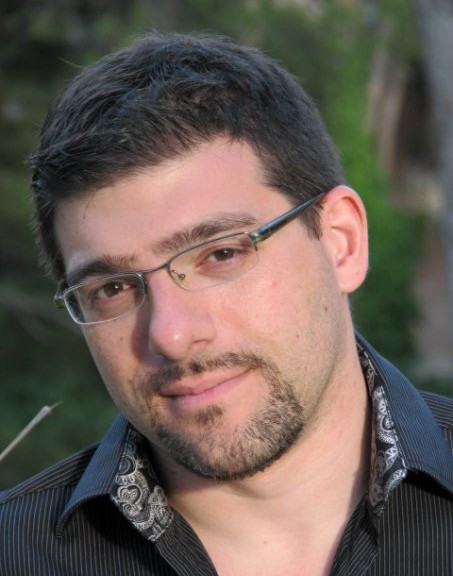MARIO DIGANGI
Professor of English, Lehman College
When we started the [Lesbian and Gay Studies] Group, I think we did feel like it was a kind of dissident or resistant kind of thing. Here we are, we have these needs as students that this institution is not meeting for whatever reasons, and we have to do this ourselves. I think we might have felt that way, especially at first. Some of the topics we dealt with were very controversial. That and other things were really less academic issues and more issues of concern within the lesbian and gay community in some form.
Now I remember too, another day, I believe we did a day on bisexuality and the debate about do bisexuals exist or are they just gay people who aren’t coming out? Why do bisexuals have such a hard time fitting into the lesbian and gay community? They’re the outsiders to the lesbian and gay community. Again, that’s something that I don’t think had—not a lot of academic work had been done on bisexual identity or sexuality, but there was a lot of lesbian and gay community discussion and more informal kinds of memoirs and things like that about that. So we definitely did some work in that group that was less academic, and so in that way would be more outside of the traditional parameters of formal, scholarly analysis. And we had people come to the group who were non-academics, too. I distinctly remember.
Yes, because we had networks. We’d advertise. So a lot of us had different contacts around the city and we would advertise our events around the city, and then these people would show up that we had no idea who they were. So we did kind of serve an extra-university function in that way, as a kind of like community place to discuss these issues. Once we kind of became more established as a group and we had institutional support from the Institute for Research on Women and Gender, and then we got money from the provost’s office, at that point you start getting more established and institutionalized, and getting the support from the administration. I think maybe at some point we felt like we were really an acknowledged group and that the institution was financially supporting us. That’s a very typical kind of progression, where you start something that’s very scrappy and then it kind of ends up being absorbed by the institution. Which is okay, because that also does a certain amount of work. We saw ourselves as a group that––we could be there to help newer people to feel comfortable being gay because when we came into the program, that didn’t exist.

